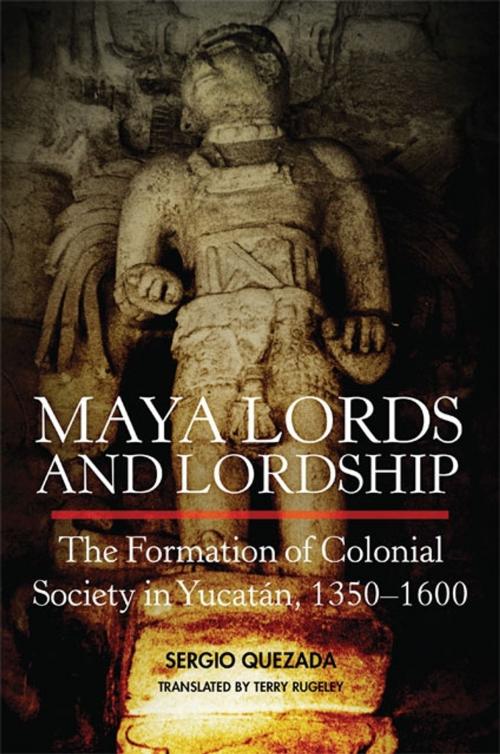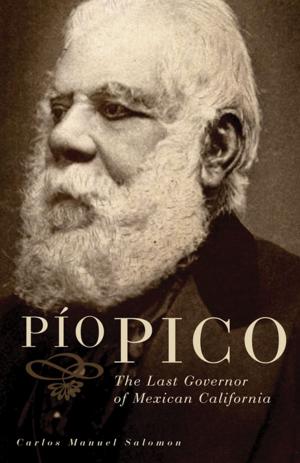Maya Lords and Lordship
The Formation of Colonial Society in Yucatán, 1350–1600
Nonfiction, History, Americas, Mexico| Author: | Sergio Quezada | ISBN: | 9780806145785 |
| Publisher: | University of Oklahoma Press | Publication: | January 23, 2014 |
| Imprint: | University of Oklahoma Press | Language: | English |
| Author: | Sergio Quezada |
| ISBN: | 9780806145785 |
| Publisher: | University of Oklahoma Press |
| Publication: | January 23, 2014 |
| Imprint: | University of Oklahoma Press |
| Language: | English |
When the Spanish arrived in Yucatán in 1526, they found an established political system based on lordship, a system the Spanish initially integrated into their colonial rule, but ultimately dismantled. In Maya Lords and Lordship, Sergio Quezada builds on the work of earlier scholars and reexamines Yucatec Maya political and social power, arguing that it operated not over territory, as previous scholars assumed, but rather through interpersonal relationships.
The changes to Maya culture imposed by Franciscan friars and Spanish lords worked to unravel the networks of personal ties that had empowered the highest Maya lords, and political power devolved to second-tier Maya lords. By 1600 Spanish rule had fragmented what was left of the interpersonal networks, draining power from the indigenous political structure.
Building on Quezada’s seminal 1993 study, Maya Lords and Lordship offers a fundamentally new vision of Maya political power, challenging the established views of anthropologists and ethnohistorians. Grounded in archival sources as well as historical and ethnographic literature, Quezada’s insights and conclusions will influence studies of the Postclassic and sixteenth-century Maya periods.
When the Spanish arrived in Yucatán in 1526, they found an established political system based on lordship, a system the Spanish initially integrated into their colonial rule, but ultimately dismantled. In Maya Lords and Lordship, Sergio Quezada builds on the work of earlier scholars and reexamines Yucatec Maya political and social power, arguing that it operated not over territory, as previous scholars assumed, but rather through interpersonal relationships.
The changes to Maya culture imposed by Franciscan friars and Spanish lords worked to unravel the networks of personal ties that had empowered the highest Maya lords, and political power devolved to second-tier Maya lords. By 1600 Spanish rule had fragmented what was left of the interpersonal networks, draining power from the indigenous political structure.
Building on Quezada’s seminal 1993 study, Maya Lords and Lordship offers a fundamentally new vision of Maya political power, challenging the established views of anthropologists and ethnohistorians. Grounded in archival sources as well as historical and ethnographic literature, Quezada’s insights and conclusions will influence studies of the Postclassic and sixteenth-century Maya periods.















